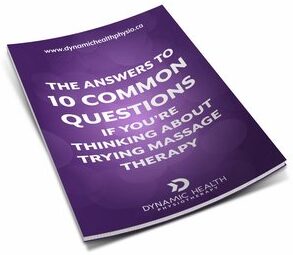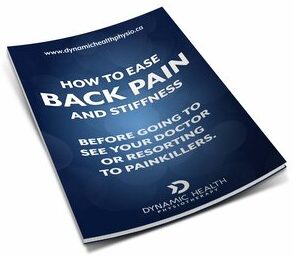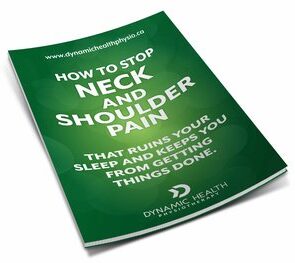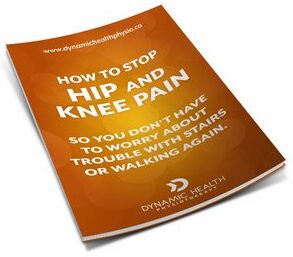NOVEMBER 16, 2016
KNEE PAIN - 3 THINGS YOU'VE BEEN TOLD TO DO THAT MAY BE SLOWING YOUR RECOVERY
Knee pain is another one of those common conditions that many of us have experienced. Because it is so common, we often hear advice from others who have had knee pain about how to manage it.

Here are 3 recommendations I hear frequently in the clinic and why you may need to be cautious about following these words of advice without first having your knee or knees examined.
Rest it.
Easily one of the most common pieces of advice someone with just about any injury will hear. And while rest is VERY important at the appropriate time, it can also lead to poor recovery outcomes if you don’t move enough.
Many of the cases of knee pain that come for treatment at our clinic are due to weakness of certain muscles or over-training in other areas. In these cases, it may just be a matter of adjusting exercise routines or modifying movement patterns to get the knees moving properly again.
Getting the knee assessed will give you a better indication of whether the knee should be rested or not.
Wear more comfortable shoes.
Sometimes people realize that their footwear is causing their knee pain. When they wear their old sneakers or boots, their knee pain really acts up. Many patients have come in with very soft soled shoes or ‘rocker bottoms’ (shoes that don’t allow your foot to rest flat on the ground) saying they were told to get something with more cushion for their foot.
While each case needs to be evaluated individually, most often your foot actually needs more support, not less. The soft sole can temporarily relieve symptoms by decreasing the impact on your joints as you walk. Without stability however, the joints often become overtaxed and irritated as they try to compensate.
Wear a pull-on fabric knee support.
These knee supports are very popular and are often the first thing people suggest as a fix when you first experience knee pain. While they CAN help to reduce swelling in the knee and the feeling of compression can make the knee feel better temporarily, a pull-on sleeve doesn’t help to fix the root causes of knee pain. Actually, a small brace like this may give you a false sense of support and lead to further injury if you rely on it for stability.
As with most pain or stiffness, it’s important to have the knee assessed in order to figure out the root cause of your knee pain. Wearing a knee brace that you picked up from a store or a friend may actually slow down your recovery if it wasn’t recommended after proper hands-on assessment.
You may notice a bit of a theme in this post. While any or all of these suggestions may be helpful at the appropriate time, it is ESSENTIAL to have your knee assessed.
With proper assessment, you will know what is wrong and, together with your physiotherapist, you can determine a treatment plan and even discuss which of the suggestions might be helpful.

Have Questions About Massage Therapy

Need some help with your back pain?

Struggling with neck or shoulder pain?
Click the button below to claim your free copy of this neck and shoulder pain tips report!

